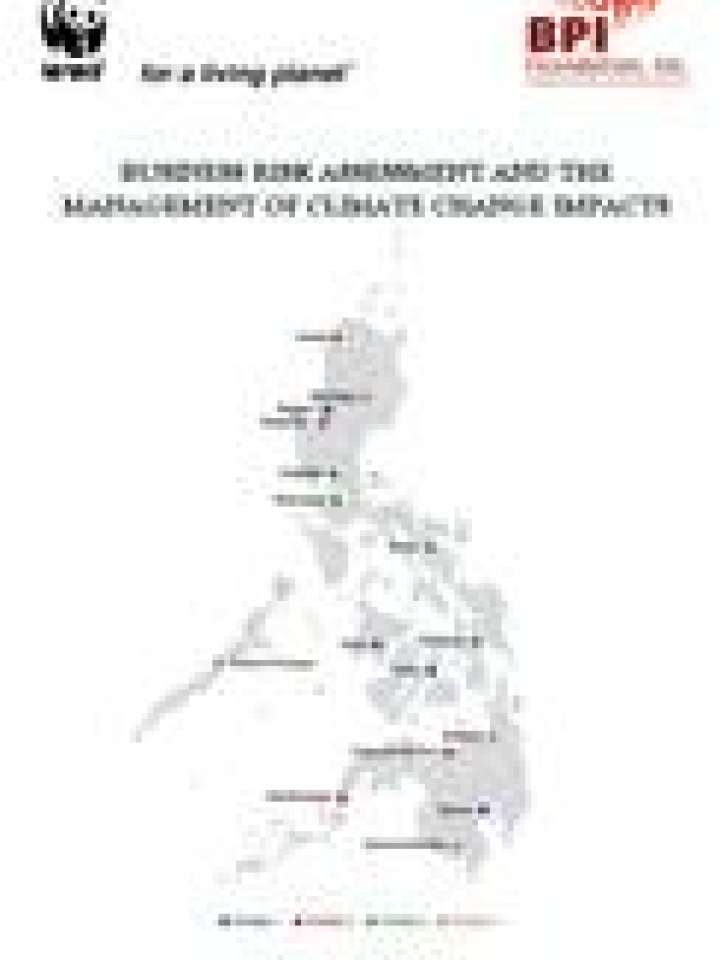Business risk assessment and the management of climate change impacts: 16 Philippines cities
The study presents findings of a four-year, four-phase risk assessment analysis of 16 Philippine cities conducted with the aim of improving their resilience for escalating climate change effects. Initiated in 2011, the study’s first phase covered the cities of Baguio, Cebu, Davao and Iloilo. Its second assessed Cagayan de Oro, Dagupan, Laoag and Zamboanga. The cities of Angeles, Batangas, Naga and Tacloban were evaluated in 2013. For 2014, Butuan, General Santos, Puerto Princesa and Santiago were covered.
The study looks at the level of preparedness of local governments, businesses and residents, migration, displacement, land use, urban planning, food security and agriculture, food, water, and energy supplies, access and transport amongst other things, and makes integrated assessments for each city. The study also presents vulnerability scores, generated from 20-year historical city-level data on climate exposure, socioeconomic drivers, and adaptive capacities. Multi-stakeholder scenario building exercises that looked 20 years into the future also contributed to the scores. All in all, the study looks at a 40-year timeline.
Explore further
